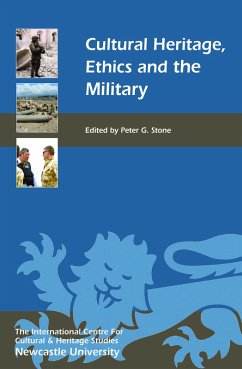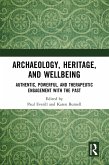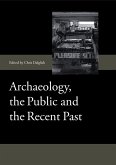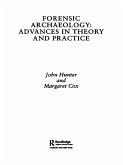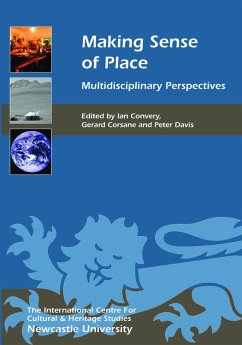Examines the ethical dilemma of whether, and how, archaeologists and other experts should work with the military to protect cultural property in times of conflict.
The world reacted with horror to the images of the looting of the National Museum in Iraq in 2003 - closely followed by other museums and then, largely unchecked, or archaeological sites across the country. This outcome had been predicted by many archaeologists, with some offering to work directly with the military to identify museums and sites to be avoided and protected. However, this work has since been heavily criticised by others working in the field,who claim that such collaboration lended a legitimacy to the invasion. It has therefore served to focus on the broader issue of whether archaeologists and other cultural heritage experts should ever work with the military,and, if so, under what guidelines and strictures.
The essays in this book, drawn from a series of international conferences and seminars on the debate, provide an historical background to the ethical issues facing cultural heritage experts, and place them in a wider context. How do medical and religious experts justify their close working relationships with the military? Is all contact with those engaged in conflict wrong? Does working with the military really constitute tacit agreement with military and political goals, or can it be seen as contributing to the winning of a peace rather than success in war? Are guidelines required to help define roles and responsibilities? And can conflict situations be seen as simply an extension of protecting cultural property on military training bases? The book opens and addresses these and other questions as matters of crucial debate.
Contributors: Peter Stone, Margaret M. Miles, Fritz Allhoff, Andrew Chandler, Oliver Urquhart Irvine, Barney White-Spunner, René Teijgeler, Katharyn Hanson, Martin Brown, Laurie Rush, Francis Scardera, Caleb Adebayo Folorunso, Derek Suchard, Joanne Farchakh Bajjaly, John Curtis, Jon Price, Mike Rowlands, Iain Shearer
The world reacted with horror to the images of the looting of the National Museum in Iraq in 2003 - closely followed by other museums and then, largely unchecked, or archaeological sites across the country. This outcome had been predicted by many archaeologists, with some offering to work directly with the military to identify museums and sites to be avoided and protected. However, this work has since been heavily criticised by others working in the field,who claim that such collaboration lended a legitimacy to the invasion. It has therefore served to focus on the broader issue of whether archaeologists and other cultural heritage experts should ever work with the military,and, if so, under what guidelines and strictures.
The essays in this book, drawn from a series of international conferences and seminars on the debate, provide an historical background to the ethical issues facing cultural heritage experts, and place them in a wider context. How do medical and religious experts justify their close working relationships with the military? Is all contact with those engaged in conflict wrong? Does working with the military really constitute tacit agreement with military and political goals, or can it be seen as contributing to the winning of a peace rather than success in war? Are guidelines required to help define roles and responsibilities? And can conflict situations be seen as simply an extension of protecting cultural property on military training bases? The book opens and addresses these and other questions as matters of crucial debate.
Contributors: Peter Stone, Margaret M. Miles, Fritz Allhoff, Andrew Chandler, Oliver Urquhart Irvine, Barney White-Spunner, René Teijgeler, Katharyn Hanson, Martin Brown, Laurie Rush, Francis Scardera, Caleb Adebayo Folorunso, Derek Suchard, Joanne Farchakh Bajjaly, John Curtis, Jon Price, Mike Rowlands, Iain Shearer
Dieser Download kann aus rechtlichen Gründen nur mit Rechnungsadresse in A, D ausgeliefert werden.

